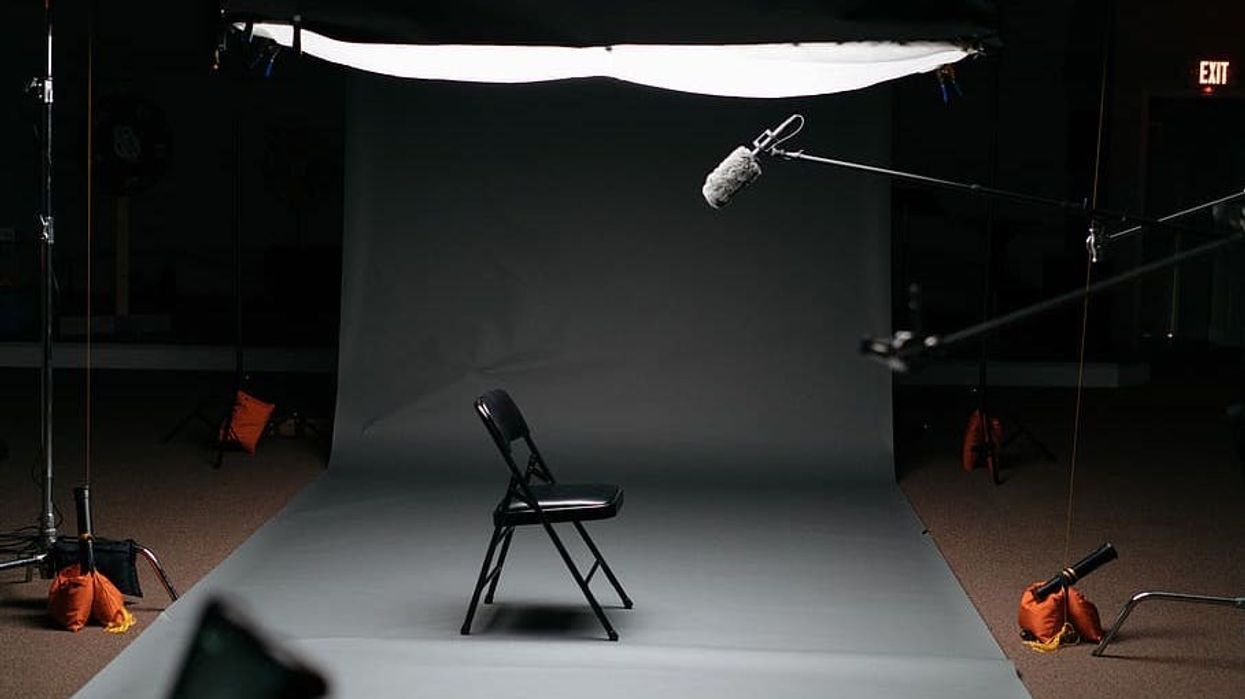What Will Allow Productions to Resume? This Document May Tell Us
How could movies or TV be made safely during a pandemic shutdown? This plan provides some potential options.

Hollywood has been at a standstill since the middle of March in an effort to stop the spread of the coronavirus. Many in the entertainment industry were fired, furloughed, or took pay cuts. After a month of quarantine, many filmmakers are attempting to figure out how everyone might be able to return to work safely sometime in the near future.
Yesterday, Variety acquired one production plan, which was created by producersBrian Kavanaugh-Jones (of Automatik) and Chris Ferguson (of Oddfellows). Their solutions are presented in an "Isolation-Based Production Plan," and they reportedly asked for feedback from fellow members of the industry and are continuously updating the document.
They are quick to point out that the plan will only work for lower- or mid-budget productions that already have small crews.
There is also some apparent resistance to elements of their plan, which seem to step on the toes of union rules and give limited thought to accessibility and representation.
Here are some of the key points from the "Isolation-Based Production Plan":
- Two-week quarantine for the entire cast and crew, followed by virus testing
- Cast and crew live together in one location, like a hotel, for the duration of production
- The crew is divided into "pods," each with a "quarantine supervisor" who performs cleaning and health checks
- Pod 1 includes on-set cast and crew
- Pod 2 includes basecamp crew, like makeup, hair, and crafty
- Pod 3 includes set design and prep
- Costumes, props, and set materials would also be quarantined
- Some staff (line producer, production manager, post) would be remote
- No day players
- Ten-hour shoot days
For below-the-line workers who would remain out of work under this plan, the producers say, "The production will have to budget for additional days of crew members who will not actually be called to work in order to comply with their jurisdiction’s regulations around minimum hire."
Ten-hour shoot days might be one major hurdle to overcome. With smaller crews, set-up time will likely be longer, and actual shooting time would likely see huge losses.
Comments on the plan vary from anger about skeleton crews and below-the-line teams being left out, to excitement about herds of nagging producers being cleared out from video village.
Do you agree with this plan's proposals? Let us know why, or why not, in the comments!
In the meantime check out our latest podcast on the subject, which includes insight into what some other nations have been doing.
Source: Variety











